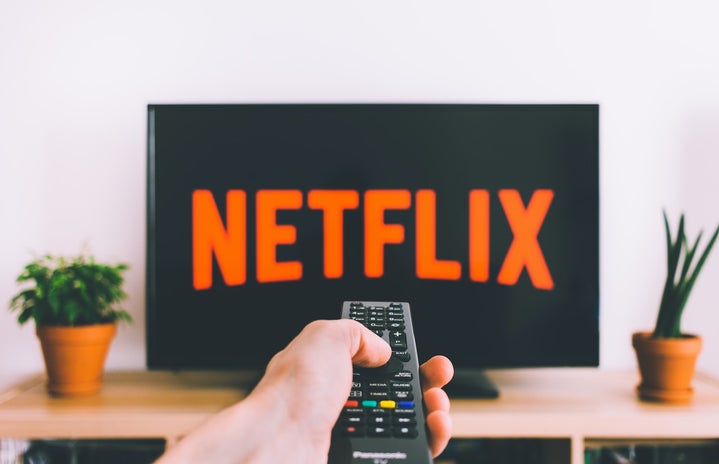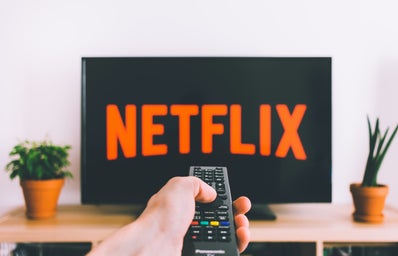When Netflix announced that it would make a live-action of the hit animated series Avatar: The Last Airbender, I was skeptical. Avatar is one of my favorite shows. For a series intended for kids, it managed to handle a handful of complex characters and adult themes far better than some TV shows today. However, my skepticism grew even larger when I found out the show’s original creators left the Netflix adaptation. That should have been the first and only indication of how this show would fare.
Despite this, I still wanted to give the live-action a chance. Long story short, I managed to watch thirty minutes of the first episode before exiting out of Netflix. My biggest complaint with the show does not lie in its casting choices like some people’s. Specifically, the casting for Azula and Mai has caused some people to direct their complaints towards the actresses themselves. Expecting an actress to look like the exact animation of a character is a bit much. It feels like people expected the casting directors to cast an older actress with Angelina Jolie bone structure to play Azula rather than an actual 14-year-old.
To bring back my main complaint lies with the writing of the show in general. I knew this live-action was going to be questionable when they decided to write out Katara breaking down Aang’s ice prison as a result of her rage. In fact, they seemingly sucked out the personality of Katara and reduced her to a meek and permissive character. The writers decided to take out Sokka’s sexism, which served as an important factor in his character arc, and transfer it over to the mischaracterization of Katara. In general, it felt like the writers were scared to show these characters had flaws. I understand that live actions are supposed to be adaptations and not carbon copies of the original but to completely disregard important storylines and arcs from the original sets it up for failure. Not to mention, the failure to follow the simple rule of storytelling which is “to show, not tell.”
I feel that there is an issue that lies beyond Avatar. One of the creators of the Netflix live-action series mentioned how the adaptation had to be “grounded and mature and adult” and “appeal to people who are big fans of Game of Thrones.” Yet, somehow the animated show managed to handle these flawed characters and adult themes with more grace and quality than the first thirty minutes of the Netflix live-action. It bothers me how to this day the animated show, along with the genre as a whole, is not taken seriously by Hollywood. Animation provides more freedom to depict things that simply cannot be achieved with live actions. Some of the best shows I’ve watched have been animated. Gravity Falls, She-Ra, The Dragon Prince and so many more fail to get the recognition they deserve because too often they’re written off as being “for kids”. And even if they were for kids, children still deserve to have media that makes them feel represented. In fact, I feel that the disrespect for animation will only worsen as AI continues to develop. AI runs the risk of replacing actual artists. It already happened when Marvel’s show She-Hulk decided to use an AI-generated opening instead of paying real artists.
I hope that the live-action Avatar not only sparks conversations about the pros and cons of live-action adaptations but also the recognition of the animation industry.


